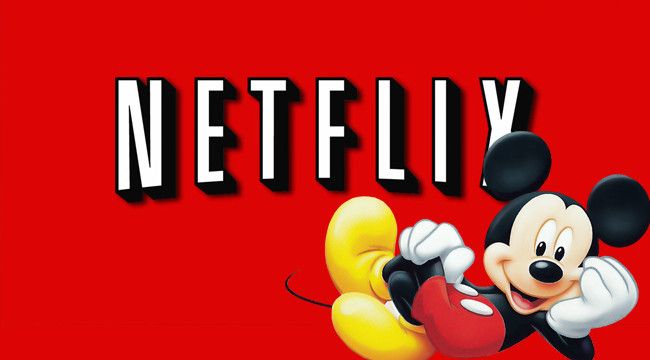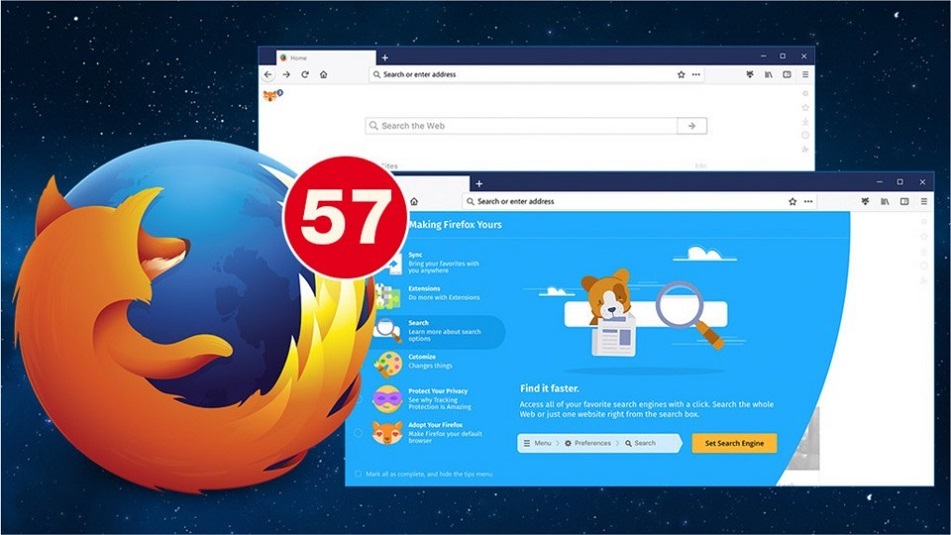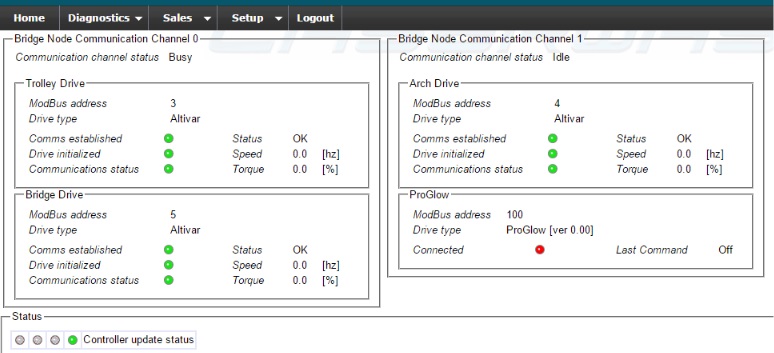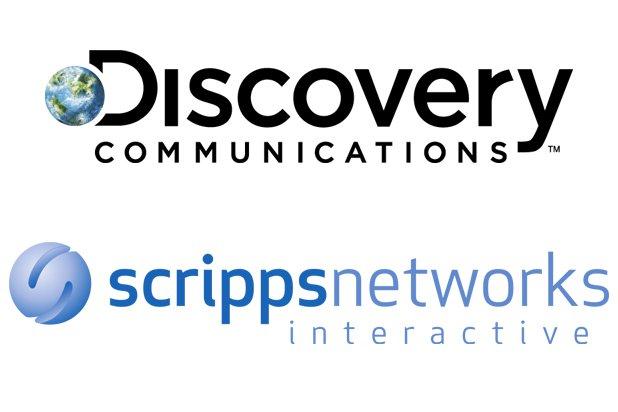What do you do when Apple decides to no longer support headphone jacks? You make your own! Scotty Allen from Strange Parts took in upon himself to solve the problem by traveling to China and remake the iPhone 7 to contain a headphone jack without impacting the rest of the phones functionalities. Maker space on steroids!
Tag: Technology
Disney leaves Netflix to go solo
Disney has decided to terminate it’s 2012 streaming deal with Netflix and to launch their own service starting in 2019. You may remember that the 2012 deal was heralded as a major thing for Netflix with the inclusion of such valuable IP’s as Marvel and Pixar (and now of course the Star Wars universe).
This is a logical extension of the investments Disney has made in BAMTech (the US MLB Streaming company) and falls in line with the plans of launching a global streaming service for it’s sports service ESPN. For the Star Wars nuts: this means the next 2 films will be on Netflix, but not the last in the new trilogy.
More fun with expired versions of Windows
Another day, another vendor is caught running critical infrastructure on expired OS’s. This time Medicine, and Siemens medical scanners. This ICS-CERT advisory points out that Siemens PET-CT solutions are running on Windows 7, un-patched by Siemens since 2015 and thus at least 3 known security holes exposed. The corresponding Siemens advisory is to disable network connections for the devices until patched. I wonder how many more proprietary solutions with this issue we will come across.
Next up: Intelligent AR glasses
Microsoft and Google are deep in the trenches planning the next generation of their Google Glass / Microsoft HoloLens respectively. They have both learned from the failure of the first generation of Google Glass and the lack of adaptation in the consumer space. They have thus refocused on the corporate sector, with slightly different approaches. Whereas Google’s post talks about the adaptation of Glass (Here refereed to as Glass Enterprise Edition) to corporate use without to much new features, Microsoft has a focus in AI integration into the next generation of HoloLens and are making their own AR chip. This focus on AR and the downplaying of the importance of VR may have an impact on companies trying to make the VR market. Will it (for now) only be a gaming thing?
Mozilla’s plans to fight Chrome (and survive)
I have been a fan of Mozilla’s Firefox sine the start. Their early adaptions of plug-ins gave a level of control no other browser offered. Controlling scripts and flash, managing cookies and trackers have all been useful. It did however over time become a resource hog, and it’s market penetration has been in free fall lately. A special report on C-Net looks at how Mozilla in November, with the release of Firefox 57, intends to go to war with Google Chrome to regain its lost market share.
An uphill struggle no doubt, but 57 looks like it contains a lot of issues addressed that has led me to also use Chrome for easy internet tasks. I will join the beta program once available and will post my opinions after using it for a while.
Hacking a car wash to “attack” a car
An interesting article on Bleepingcomputer with another White Hat discovery: Now how to hack a PDQ car washing machine to damage the car it is washing. Not a very advanced hack, a poor web-server implementation with am authentication bypass. I wonder if this can also be used for free car washing?
Discovery Communications merges with Scripps
Discovery Communications is merging with Scripps to create the worlds largest TV show network. An overview of the deal is conducted by Mac Insider, with details of the 14.6 Bil USD deal. This adds a number of interesting channels to the Discovery stable, highlights are : HGTV, Food Network, Travel Channel, DIY Network, Cooking Channel, Great American Country, Poland’s TVN, BBC joint venture UKTV, Asian Food Channel, and lifestyle channel Fine Living Network. Discovery Channel contributions include TLC, Investigation Discovery, Animal Planet, Science and Turbo/Velocity, OWN, Discovery Kids in Latin America, and Eurosport.
This opens up for more concerted mini or “skinny bundles” offerings, also directly to cable-cutters. The future looks even bleaker for the agregators out there.
Microsoft iPad Touch Cover discovered
The German IT website Winfuture has found a filing with ICAO (In German, use google translate) to rate the device as flight safe and ready. This is the only known reference to the “Model 1719”, also a correct numbering in the Microsoft ecosystems (Holo Lens is 1688, Surface Book 1796). The document also identifies an on-board battery, so maybe finally there will be a iPad keyboard with back light capabilities?
GTAV Mod: NaturalVision ✪ Remastered
GTAV modder “Razed” has completed and released a photo realistic mod for GTAV (NaturalVision ✪ Remastered) with eye opening levels of resolution and clarity. Thousands of hours of work, only for the PC version and requires OpenIV and VisualV pre-installed. Could this be a teaser of the coming GTAVI (deep in development according to rumors)?
The chaos that is IOT standards (or lack thereof)
Yet another attempt to bridge the disparate world that is IOT standards, this time the EdgeX Foundry from the Linux foundation. Again trying to create unity in a over-fragmented segment of technology. Danny Bradbury has a nice summing up on the chaos on The register, trying to create an overview of all the various standards and the various attempts and joining them together. This will easily be the first hurdle IOT needs to overcome, only when there is a good set of cross compabilities will mass consumer adaptation realty happen.







